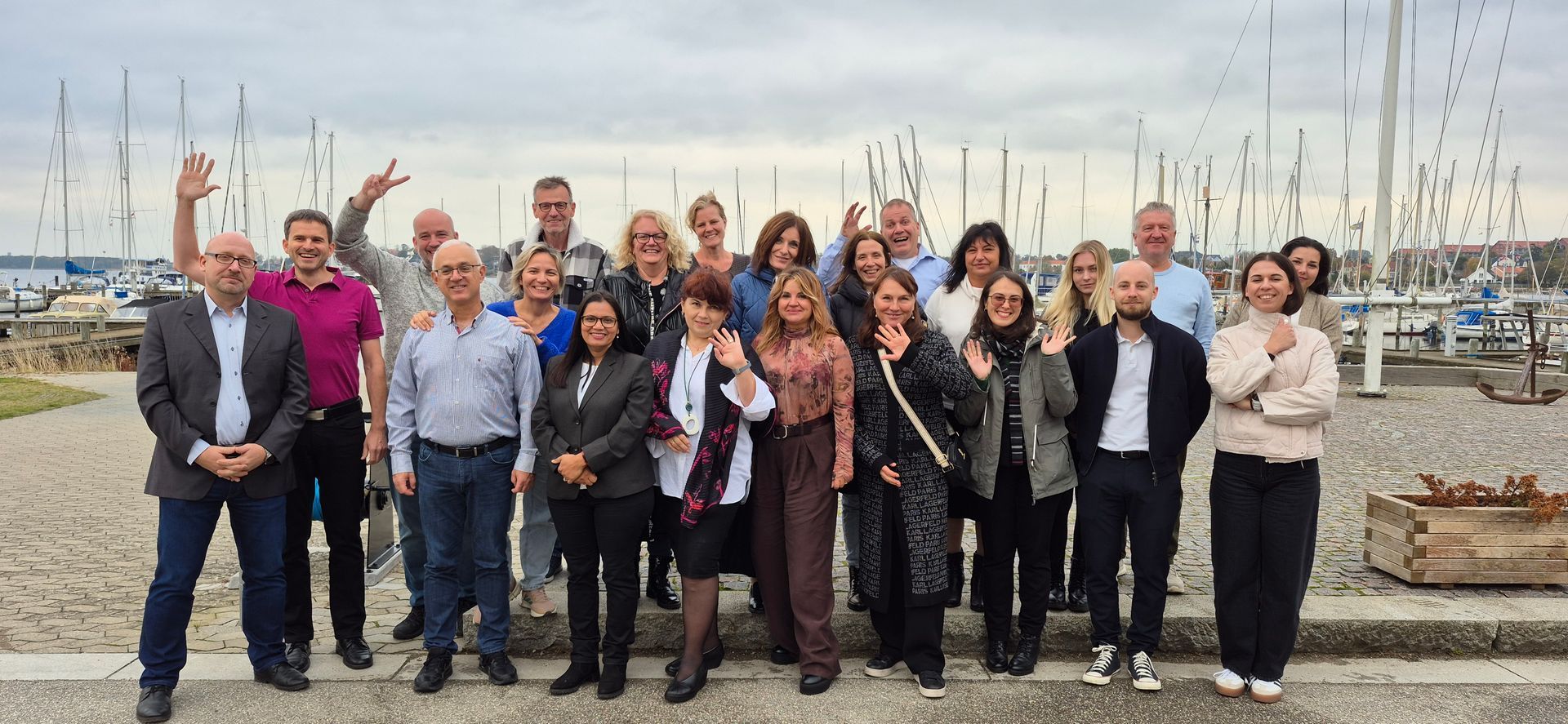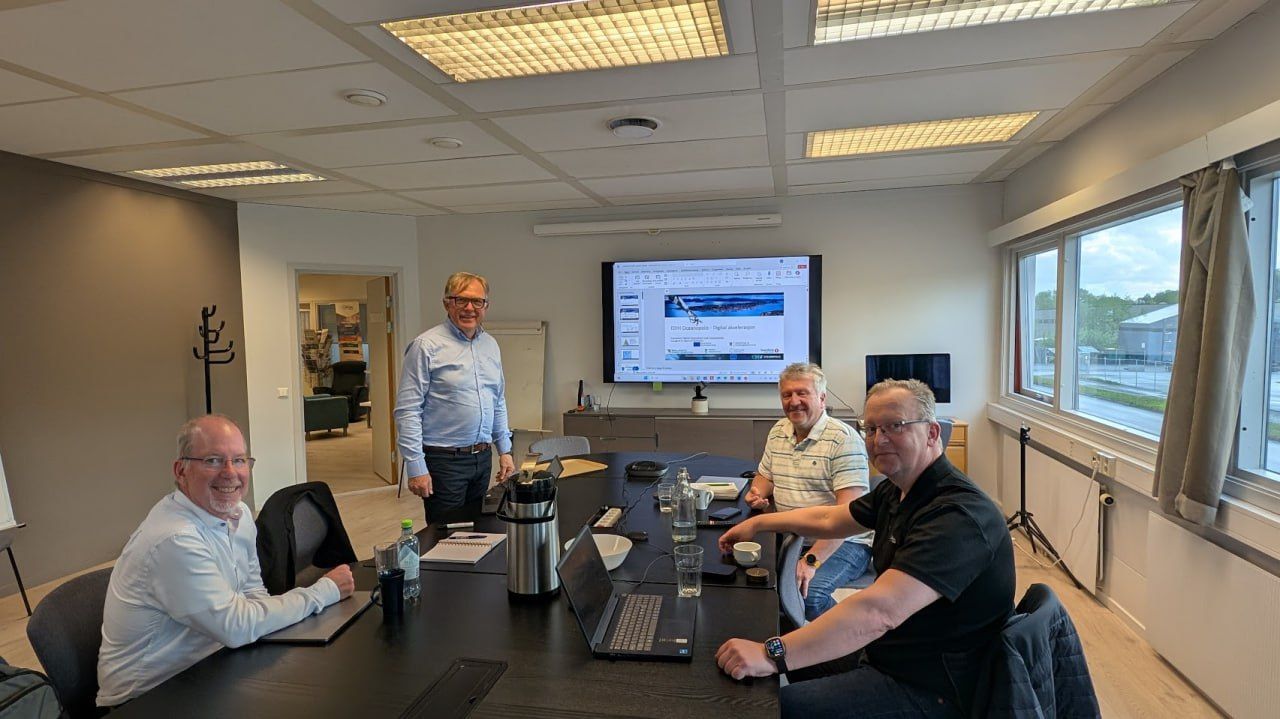Designing a risk intelligence methodology for ESG evaluation
Pioneering Sustainable Practices with Risk Intelligence

The recent results from an international ESG (Environmental, Social, and Governance) project, funded by EEA Norway Grants, highlight innovative methodologies and practical guidelines that promise to enhance sustainability and risk management for small and medium enterprises (SMEs). These findings, encapsulated in two pivotal documents, underscore the importance of integrating ESG principles and risk intelligence into business operations. Here, we explore these outcomes, shedding light on the strategies and tools that SMEs can utilize to navigate the complexities of ESG reporting and risk management effectively.
The Imperative of ESG in Modern Business
The growing emphasis on ESG is evident across various sectors, with companies recognizing the significance of ethical conduct and sustainable practices. A 2023 survey by EY revealed that 87% of executives view ESG initiatives as crucial, a sentiment echoed by employees and investors alike. As businesses face regulatory and reputational risks, ESG reporting becomes a vital tool for risk management, aligning with the contemporary need for transparency and accountability.
Risk Intelligence: A Customizable Approach
The project's methodology introduces risk intelligence as a comprehensive approach to ESG evaluation. Unlike traditional ESG scoring, which often relies on limited and decontextualized data, risk intelligence provides a nuanced and customizable framework. This methodology encompasses the identification, assessment, mitigation, and monitoring of risks, allowing companies to manage uncertainty and make informed decisions strategically.
Risk intelligence integrates various types of risks, including political, reputational, regulatory, and market risks, emphasizing their interconnected nature. By employing techniques like human intelligence (HUMINT) and open source intelligence (OSINT), businesses can gather reliable data to understand their value chains and identify potential threats comprehensively.

Practical Guidelines for SMEs
The project outlines specific guidelines for SMEs, helping them implement risk intelligence in their ESG reporting and risk management practices. These guidelines include:
- Entity Classification: Determining whether an enterprise is micro, small, or medium based on employee count, turnover, and balance sheet totals. This classification guides the applicable ESG reporting standards, whether the Voluntary Sustainability Reporting Standards (VSME) or the European Sustainability Reporting Standards (ESRS) for listed entities.
- Stakeholder Mapping: Identifying and prioritizing stakeholders based on their influence and interest in the company's ESG performance. This process ensures that sustainability initiatives align with stakeholder expectations, enhancing relevance and impact.
- Risk Assessment and Mitigation: Conducting a thorough risk assessment using a 5x5 matrix to evaluate the probability and impact of identified risks. This step includes defining risk appetite, setting monitoring indicators, and developing actionable mitigation plans tailored to the organization's strategic goals.
- Continuous Monitoring: Establishing regular monitoring protocols to track identified risks and adjust strategies as needed. This ongoing process helps maintain operational resilience and adapt to changing circumstances.
Empowering Sustainable Growth
The project's outcomes highlight the transformative potential of integrating risk intelligence with ESG reporting. By adopting these methodologies, SMEs can enhance their sustainability efforts, meet regulatory requirements, and safeguard their operations against various risks. The focus on practical, actionable steps ensures that businesses can implement these strategies without major financial or personnel strain.
The project's findings provide a robust framework for SMEs to navigate the evolving landscape of sustainability and risk management. By leveraging risk intelligence, companies can not only comply with ESG standards but also drive sustainable growth and innovation, securing a competitive edge in today's dynamic business environment. Big thank you to PRINCEPS Risk Intelligence Institute for excellent work and cooperation.
You can download the methodologies and guidelines here: (coming soon!)












